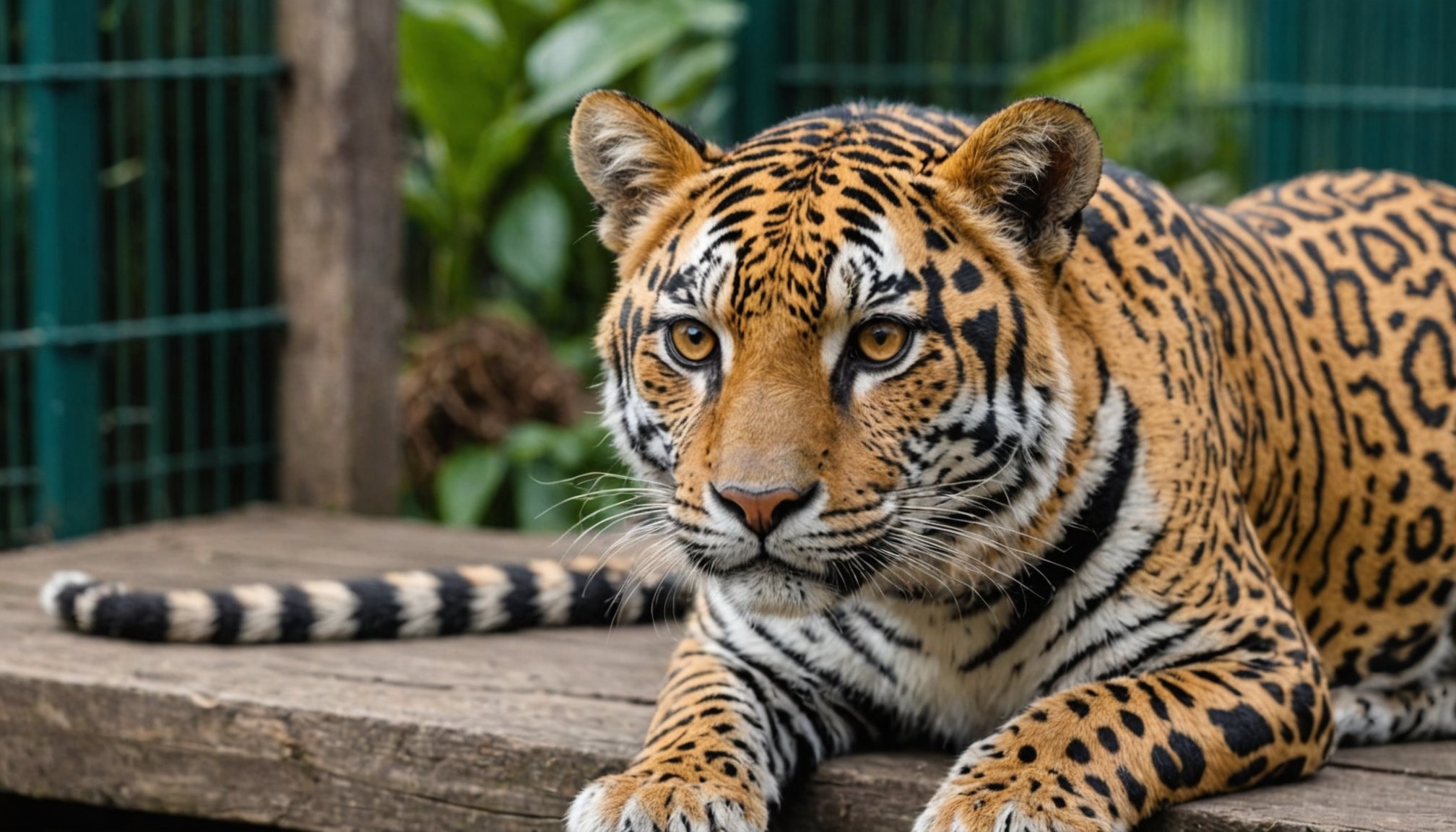Overview of UK Regulations for Importing Exotic Pets
Understanding the intricate UK exotic pet import regulations is crucial for anyone considering bringing an exotic pet into the country. In 2023, the exotic pet import rules are established to ensure the safety of both the animals and the ecosystem. The framework comprises a series of legal requirements for exotic pets that potential owners must follow.
Key agencies, such as the Department for Environment, Food & Rural Affairs (DEFRA), the Animal and Plant Health Agency (APHA), and the Border Force, play significant roles in enforcing and ensuring compliance with these regulations. DEFRA is responsible for setting policy, while APHA controls animal health regulations, and the Border Force facilitates secure entry processes at points of importation.
In the same genre : Mastering the gig economy: your essential 2023 guide to reporting employment law violations in the uk
Potential pet owners must be aware of these regulations to prevent non-compliance, which could lead to severe consequences, including fines or confiscation of the pet. By understanding the legal requirements for exotic pets, owners can ensure they meet all necessary conditions to import their chosen species legally. Therefore, it’s not just a matter of preference but a legal necessity to familiarize oneself with UK exotic pet import regulations, especially in today’s regulatory climate.
Necessary Documentation and Permits
Navigating the exotic pet import permits landscape can be daunting, but understanding which documents are required ensures a smooth entry into the UK. Firstly, potential owners must identify the required documentation for exotic pets, which varies based on the species being imported. Essential paperwork typically includes a CITES (Convention on International Trade in Endangered Species) permit for protected species and an import licence issued by the Department for Environment, Food & Rural Affairs (DEFRA).
Application processes for obtaining this documentation often involve filling out detailed forms and providing supporting evidence of compliance with UK exotic pet import regulations. For smooth processing, it’s critical to ensure that each form is completed meticulously, with necessary information regarding the pet’s health status and origin.
Consider the following tips to avoid delays: Double-check all applications for accuracy, submit documentation well in advance of planned importation dates, and maintain copies of all paperwork for your records. These steps ensure compliance with 2023 exotic pet import rules and help prevent unnecessary hold-ups in the importation process.
Health Assessments and Certifications
Exotic pet health assessments are vital when importing pets into the UK. Before the importation process, pets must undergo thorough health checks by recognized veterinary authorities. This ensures they are free from diseases and meet the required health standards. Each imported exotic pet must have a certified animal health certification before entering the UK, a crucial step in complying with regulatory expectations.
Obtaining a health certificate from a licensed veterinarian involves various veterinary checks for imported pets. These checks differ based on species and include assessments for zoonotic diseases that could affect human health or local wildlife. For successful certification, it is imperative to schedule these checks well in advance of the intended import date.
Regarding certification requirements, potential pet owners must ensure all health documents are completed accurately, reflecting the pet’s health status. It’s advantageous for owners to familiarize themselves with specific health tests commonly required for their chosen exotic species. These measures not only protect the pet but also uphold the broader mission of maintaining the UK’s biosecurity. Properly adhering to health assessment protocols significantly minimizes the risk of any complications during the importation process.
Species-Specific Restrictions and Regulations
Understanding the exotic pet species restrictions in the UK is vital for those considering importing an exotic pet. Several species are strictly prohibited or restricted from entry. This is primarily due to concerns over environmental impacts, potential threats to native species, and public safety.
For example, certain reptiles and amphibians, considered invasive or a risk to native ecosystems, may be included on the restricted list. The rationale behind these regulations focuses on maintaining ecological balance and preventing harm to biodiversity. Such measures are in place to ensure that exotic species do not outcompete or prey on native wildlife.
To verify if a specific species can be imported, potential pet owners should consult the list of banned and restricted exotic pets maintained by DEFRA. Accurate information from key agencies ensures compliance with existing laws. Understanding these constraints allows potential owners to make informed decisions, aligning their choices with UK species import regulations. Failure to adhere to these restrictions could lead to significant penalties for illegal pet importation, affecting both the owner and the pet. Ensuring compliance with these regulations promotes responsible and sustainable exotic pet ownership.
Penalties for Non-Compliance
Understanding the penalties for illegal pet importation is crucial for potential exotic pet owners in the UK. Non-compliance with import regulations can lead to various legal consequences. The UK authorities have established stringent measures to enforce these laws. Legal consequences exotic pets entail fines, confiscation of the pets, or even criminal charges for serious violations. These repercussions highlight the importance of adhering to the established guidelines for pet importation.
Fines are among the most common penalties for non-compliance. These fines vary based on the severity of the offense and whether previous infractions exist. In extreme cases, authorities may take legal action to confiscate the animal, ensuring it does not pose a threat to the local ecosystem or public health. Confiscation often results in the pet being relocated or returned to its country of origin.
Therefore, it’s vital for prospective owners to familiarize themselves with all compliance with import regulations to prevent these adverse outcomes. Engaging with official agencies and seeking expert guidance can significantly mitigate risks associated with illegal importation. Ultimately, being informed and cautious ensures a smooth and lawful entry into exotic pet ownership.
Tips for Responsible Exotic Pet Ownership
Adopting best practices for responsible exotic pet ownership is crucial to ensuring the well-being of both the pet and the environment. Understanding the needs of different species can help new owners provide proper care. For instance, temperature control, habitat requirements, and dietary needs vary significantly among exotic animals. Researching and meeting these specifications is essential for their health.
Care for imported exotic animals extends beyond basic necessities. It involves regular health check-ups, monitoring behaviors for signs of distress, and understanding their social needs. Access to knowledgeable veterinarians experienced in exotic species can be invaluable in maintaining their health post-importation.
Several resources are available for new exotic pet owners needing guidance. These include instructional books, online forums, and local exotic pet clubs. Engaging with these communities can provide support and insights into the unique challenges and joys of exotic pet care.
Ethical responsibilities also accompany ownership. It is vital to understand and respect the biodiversity and ecological impact associated with owning exotic pets. Owners should strive to educate themselves continuously to adapt to evolving care standards, promoting both the welfare of their pet and the sustainability of our ecosystems.
Additional Resources and Support
Navigating the world of exotic pet importation can be challenging, but a wealth of resources are available to assist potential owners. Understanding the UK pet import guidelines is crucial, and official government websites provide detailed, up-to-date information. The Department for Environment, Food & Rural Affairs (DEFRA) website is a prime resource for current regulations and required documentation. Likewise, the Animal and Plant Health Agency (APHA) can offer guidance specific to health certifications and veterinary checks.
In addition to government sources, several support groups and communities cater to exotic pet enthusiasts. These platforms provide a space for sharing experiences, offering advice, and discussing best practices for exotic pet care. Engaging with these communities can enhance your understanding and provide ongoing support.
For veterinary assistance, reaching out to clinics specializing in exotic animals is beneficial. They offer tailored advice on health assessments and help prepare your pet for a healthy transition into the UK. Keeping contact information for both veterinary experts and importation specialists can be invaluable. By utilizing these resources, owners can ensure they meet all legal and ethical responsibilities associated with exotic pet ownership.





